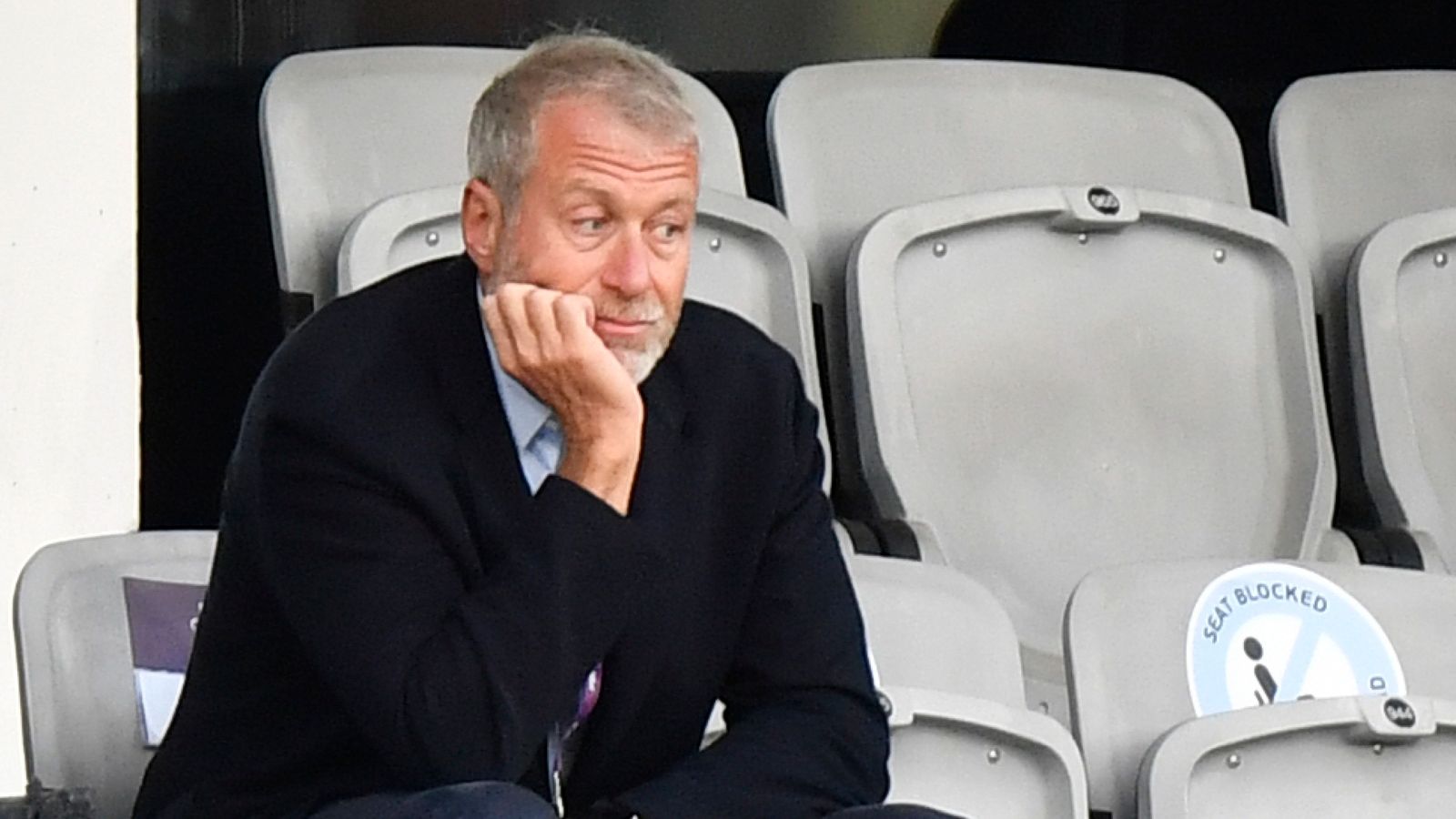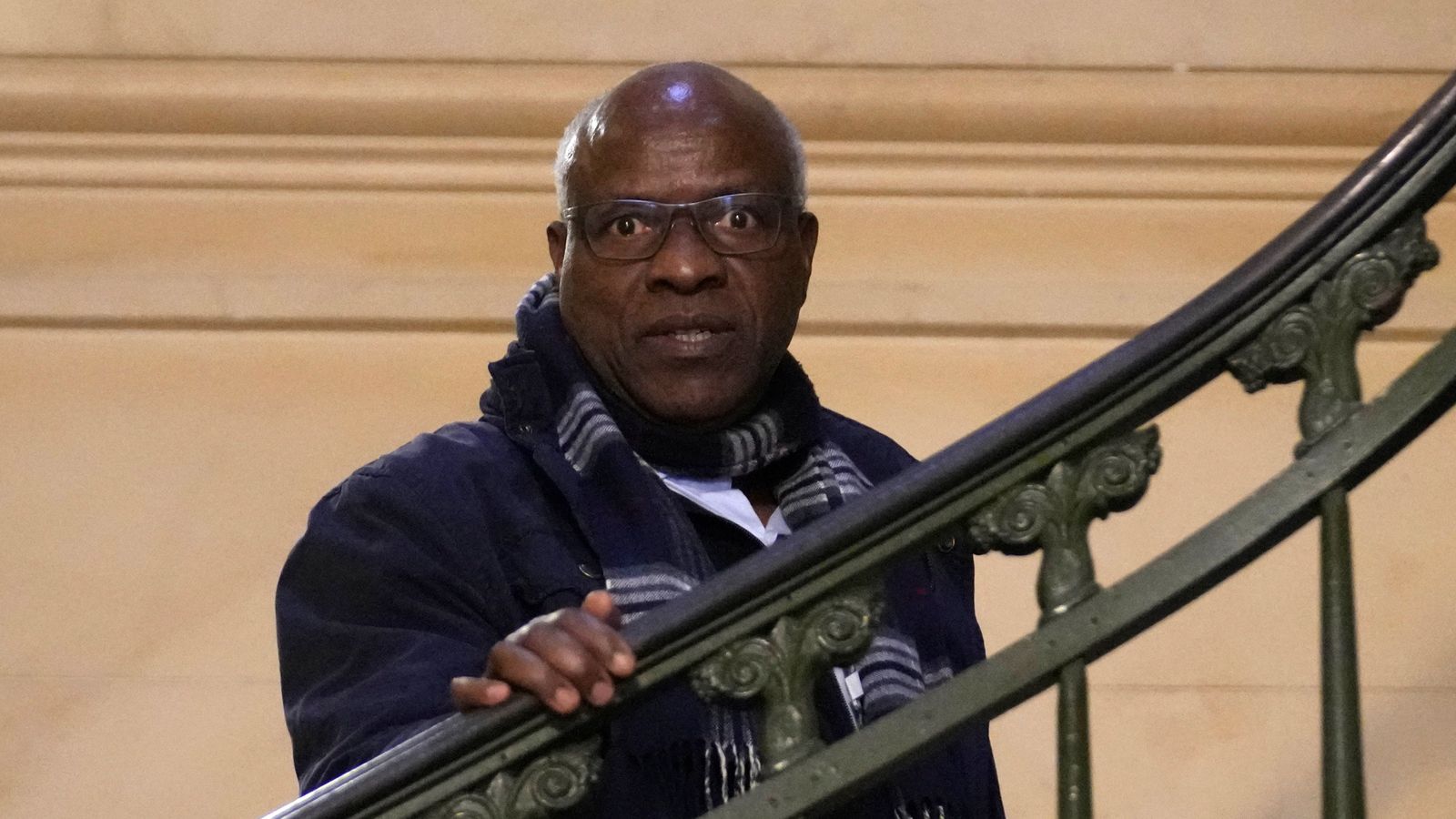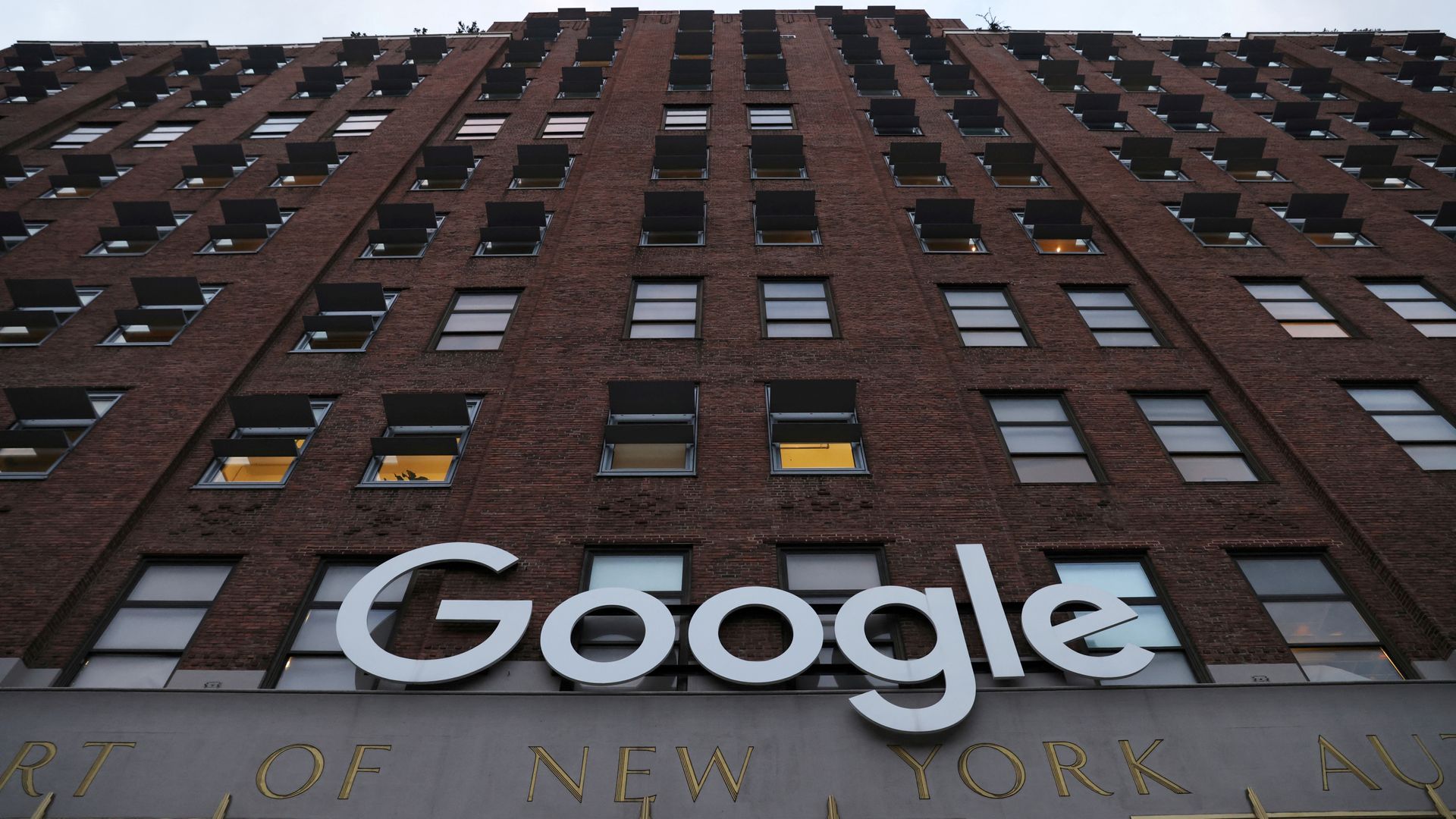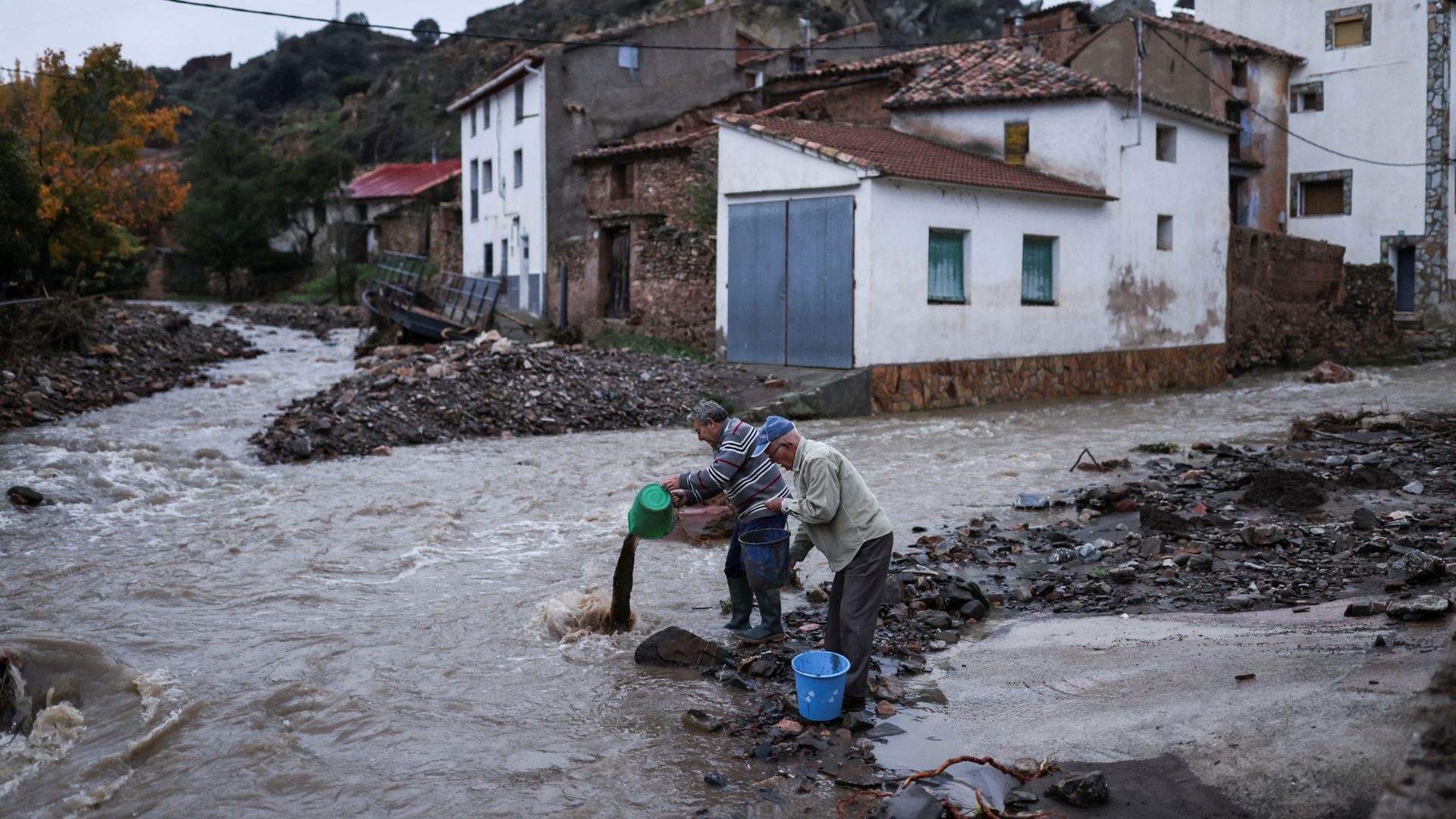Roman Abramovich, the Russian billionaire and former Chelsea owner, has criticised the EU for rejecting his challenge to the sanctions it imposed on him after the invasion of Ukraine.
Mr Abramovich lost a legal bid at the EU court in Brussels on Wednesday, which also dismissed his claims for compensation.
The businessman said in a statement issued on his behalf that he was disappointed by the ruling.
Ukraine war latest: Mouse fever among Russian troops
He condemned the court for accepting without question that he had benefited from his links to the Kremlin, something he denied.
Mr Abramovich “does not have the ability to influence the decision-making of any government, including Russia, and has in no way benefited from the (Ukraine) war”, the statement said.
Be the first to get Breaking News
Install the Sky News app for free
Describing the court’s definition of a ‘Russian businessman’ as “very broad”, he complained that he was “just a passive shareholder in a business sector with no connection to the war”.
After President Vladimir Putin ordered Russian troops into Ukraine in February 2022, the EU sanctioned Russian officials and a host of Russian businessmen, such as Mr Abramovich, while freezing hundreds of billions of dollars of Russian assets.
Mr Abramovich was forced to sell Premier League club Chelsea, which he bought in 2003.
Please use Chrome browser for a more accessible video player
He has denied having close links to Mr Putin and was involved to some extent in mediation between Russia and Ukraine in the early days of the war.
Mr Abramovich, who also holds Israeli citizenship, and is thought to be worth around £8bn, became one of the world’s most powerful businessmen by trading oil and gas after the 1991 break-up of the Soviet Union.
Read more:
Abramovich’s $140m planes targeted by US
Putin will do anything to stop Ukraine joining the EU
The court linked his role in the Russian steel company Evraz with the fact that steel was a major source of revenue to the Kremlin.
In its ruling, the court said it “dismisses the action brought by Mr Abramovich, thereby upholding the restrictive measures taken against him”.
“The (European) Council did not in fact err in its assessment by deciding to include, then maintain, Mr Abramovich’s name on the lists at issue, in the light of his role in the Evraz group and, in particular, its parent company,” it added, referring to the sanctions lists.









